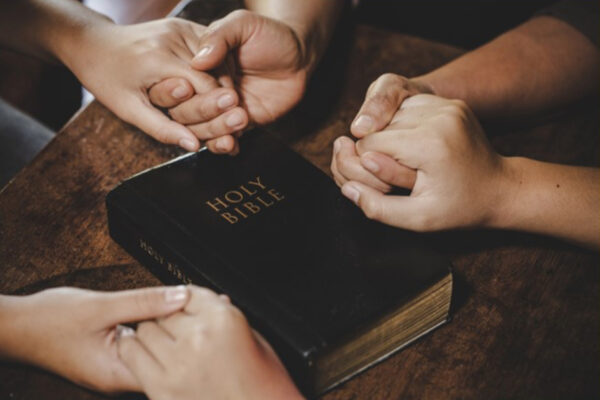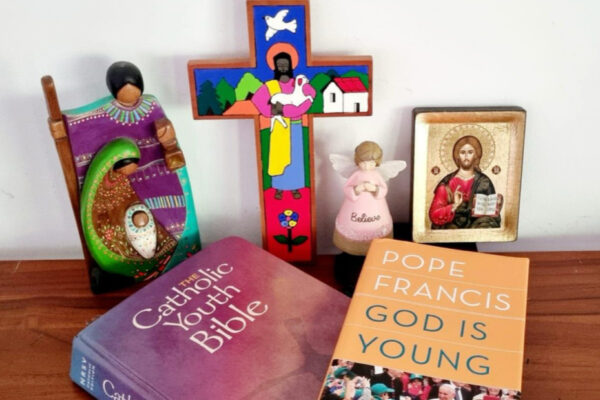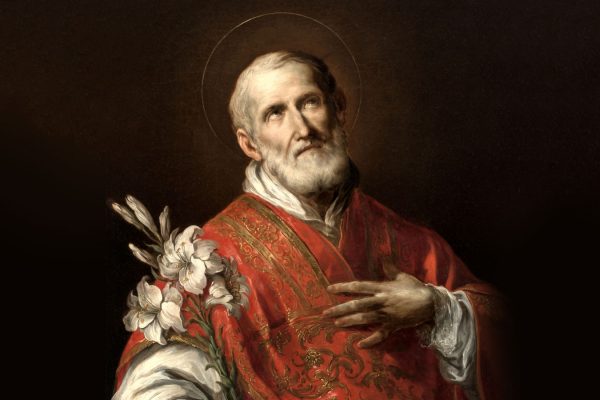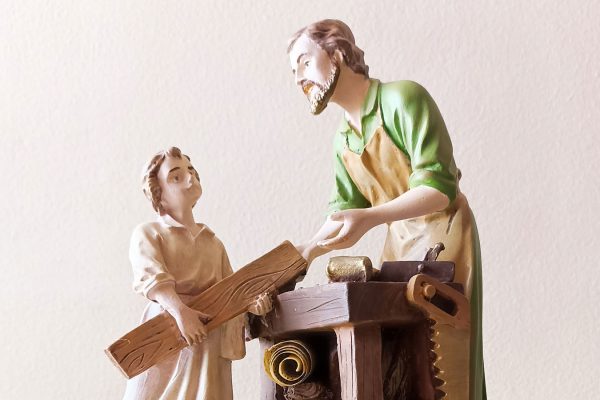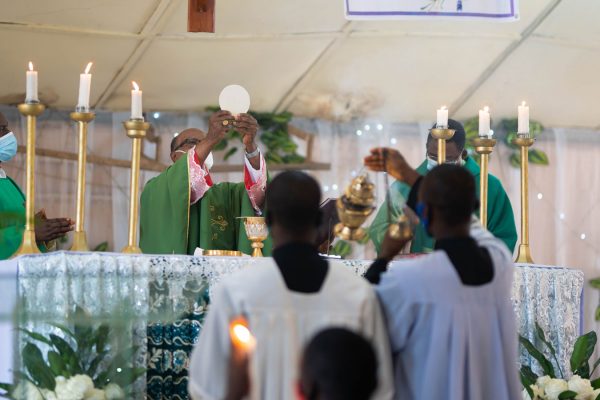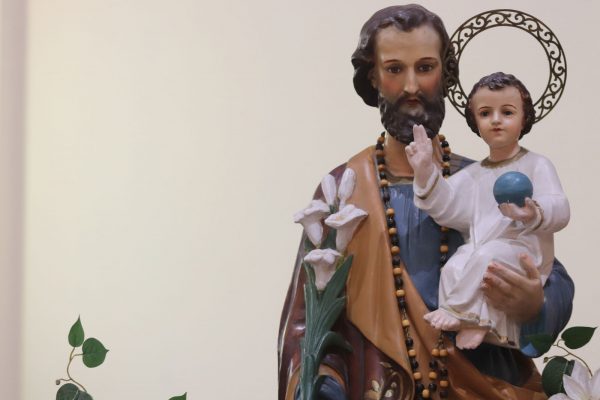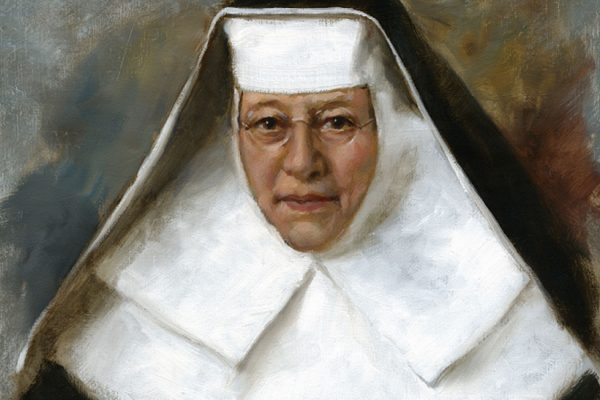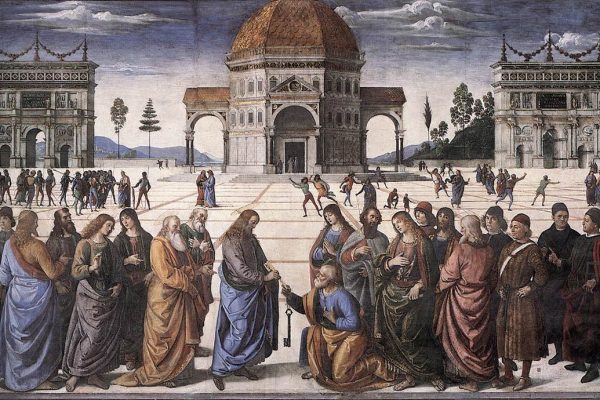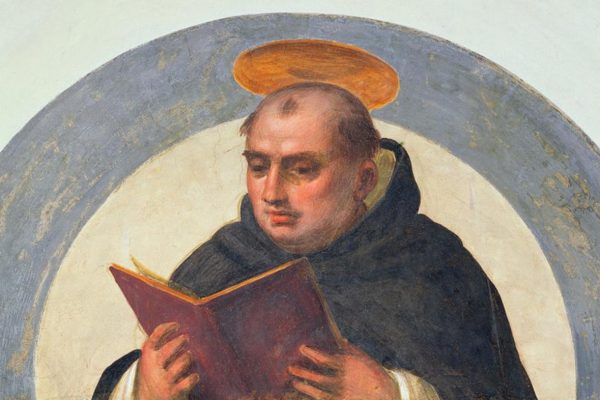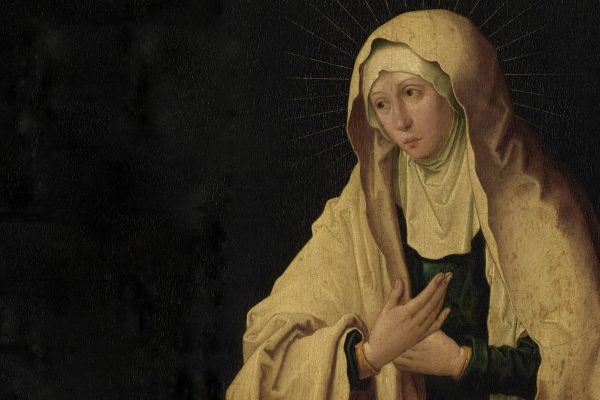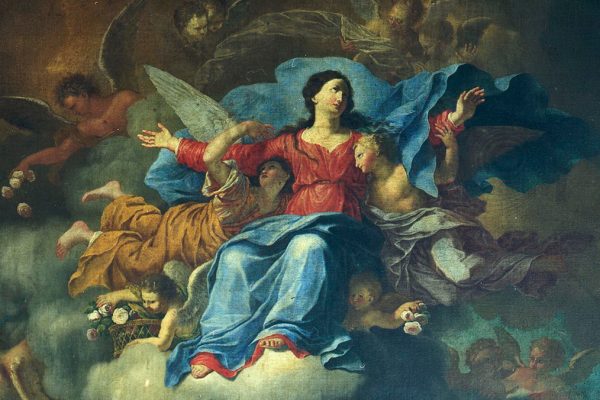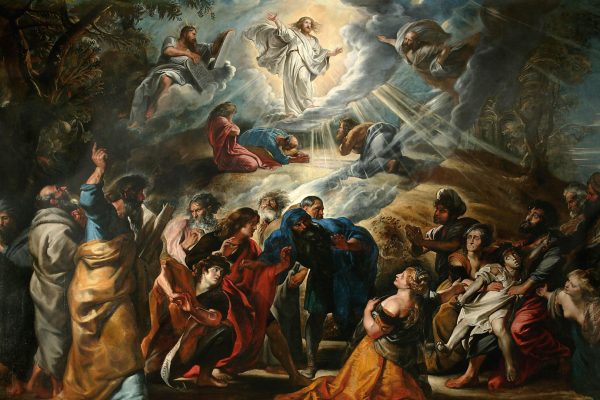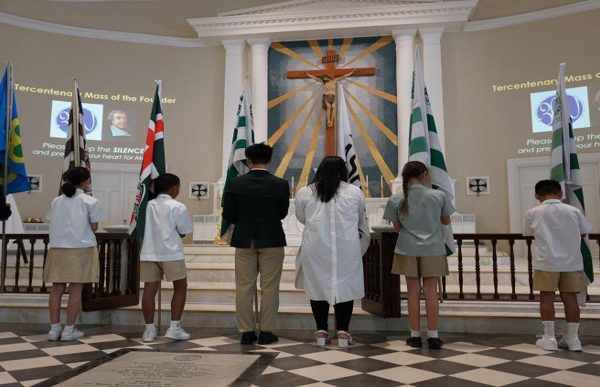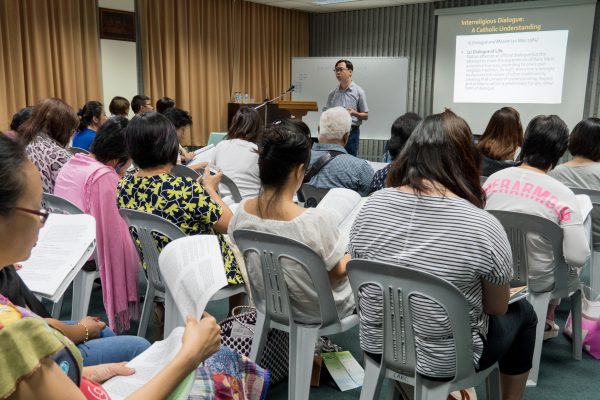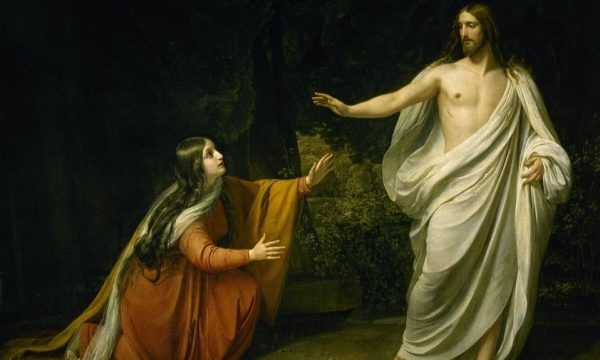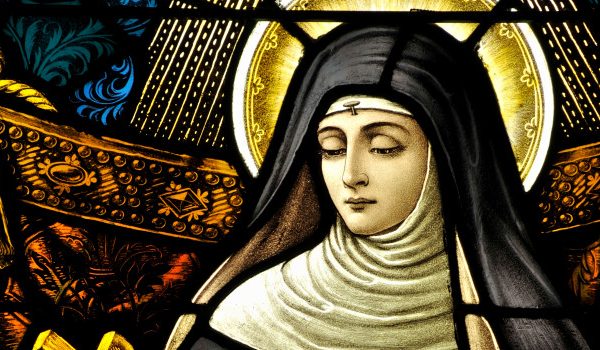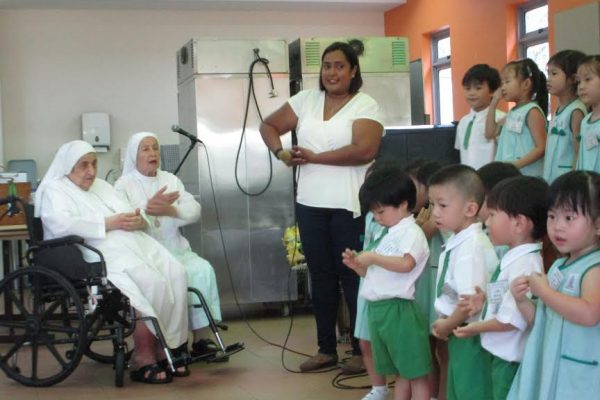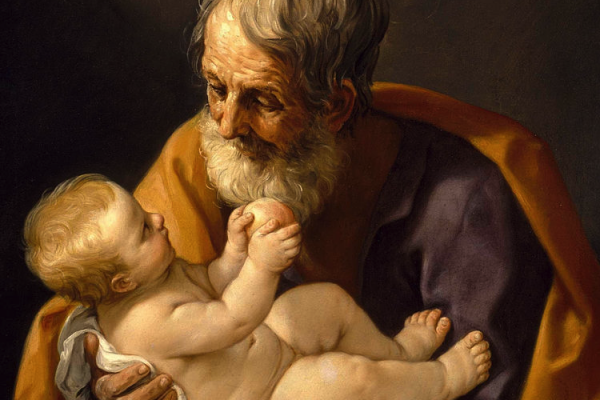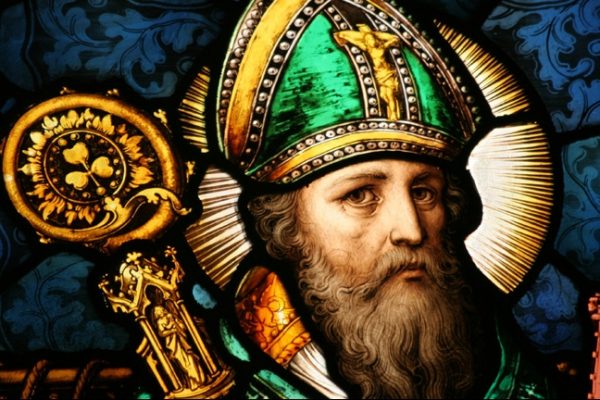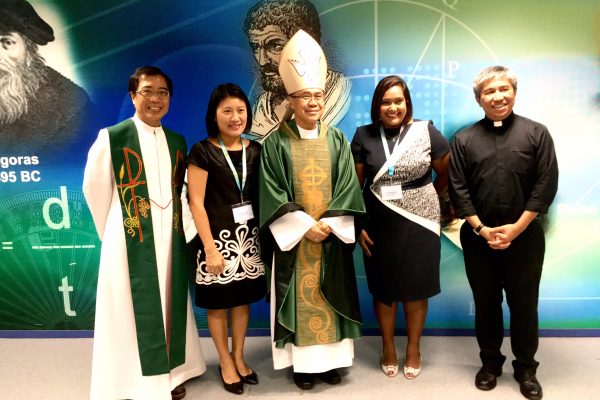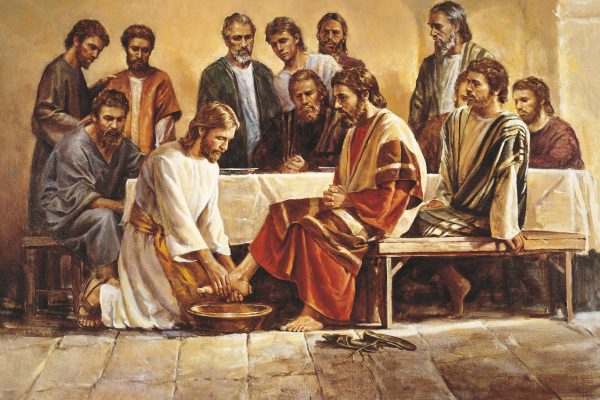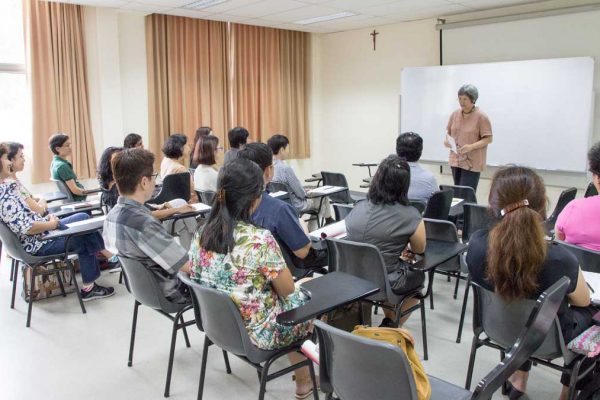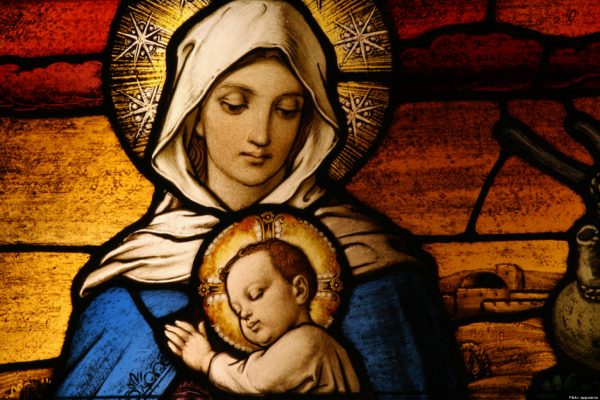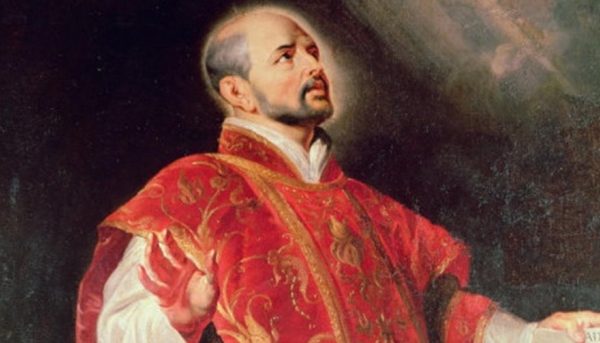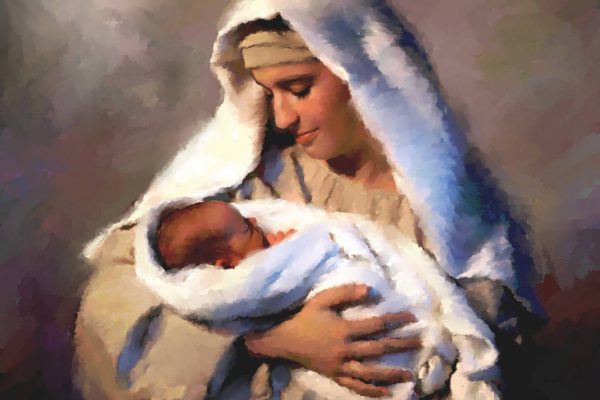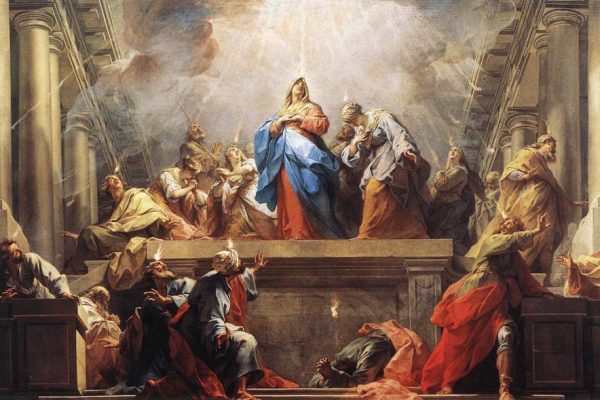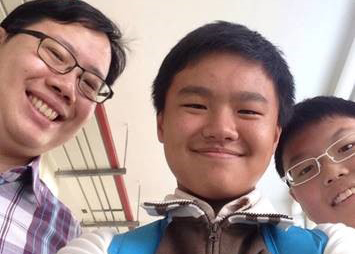
The Catholic School and a Culture of Dialogue
Last year, the Congregation for Catholic Education released a document titled, “The Identity of the Catholic School for a Culture of Dialogue”. It focused on how in today’s globalised world with multicultural and multireligious societies, it has become more important than ever to maintain a strong Catholic identity in our educational institutions while engaging in interreligious and intercultural dialogue.
The Congregation quotes Pope Francis: “We cannot create a culture of dialogue if we do not have identity.” Indeed, the etymology of dialogue is dia (across, between) and legein (to speak). If we do not first understand our own position, it would be futile to attempt a meaningful discussion with those who do not share or understand our beliefs.
Gospel Message
The document asserts that “a strong and united action by the Church in the field of education” is needed “in an increasingly fragmented and conflict-ridden world”. The whole reason that the Church has long been involved in education is “in obedience to her mission to proclaim the Gospel by teaching all nations”.
The Congregation refers to the Second Vatican Council’s Declaration on Christian Education, Gravissimum educationis, reiterating the universal right to education and the responsibility of the state to support parents in their fundamental right to select the kind of education which they prefer for their offspring.
 Moreover, the Church has “the duty to educate” because of her “responsibility of announcing the way of salvation to all men, of communicating the life of Christ to those who believe, and… of assisting men to be able to come to the fullness of this life.” We see that the primary goal of Catholic education is to enable students to know, love and serve God in this life, and be forever blessed with Him in the next.
Moreover, the Church has “the duty to educate” because of her “responsibility of announcing the way of salvation to all men, of communicating the life of Christ to those who believe, and… of assisting men to be able to come to the fullness of this life.” We see that the primary goal of Catholic education is to enable students to know, love and serve God in this life, and be forever blessed with Him in the next.
At the same time, Catholic educators are meant to promote “the complete perfection of the human person, the good of earthly society and the building of a world that is more human”. As Christ is the foremost example of what it means to be truly human, Catholic education instils Christlike virtues and values in pupils, emphasising compassion, integrity, humility, justice and mercy.
Scholastic Mission
As Pope Benedict XVI said in 2010, “A good school provides a rounded education for the whole person. And a good Catholic school, over and above this, should help all its students to become saints.”
He added, “It is only right that respect and friendship for members of other religious traditions should be among the virtues learned in a Catholic school.” Certainly, for those who are secure in their identity as Christians, it is possible to develop deep, lifelong friendships with people of various religious or non-religious backgrounds, learning from their perspectives while respectfully and joyfully sharing the faith with them.

The Congregation observes that a school is a community of learning where students of various talents and backgrounds can grow together in harmony, imbibing cultural and scientific knowledge while honing their personal skills and discerning their paths in life. On top of that, a Catholic school is to be centred on Jesus Christ: “The personal relationship with Christ enables the believer to look at the whole of reality in a radically new way,” providing “adequate responses to the fundamental questions for every woman and man”. The Catholic school must “bear witness”, enabling students to encounter God.
The document goes on to discuss the responsibilities of the school community, comprised of “students, parents, teachers, non-teaching personnel and the school management”, including how it is meant to be integrated with the wider Catholic community. It provides a cohesive blueprint for Catholic education, in a world where the Catholic identity of once-esteemed schools has been undermined by secular ideas that distort the Gospel. May the Catholic schools of Singapore continue to hold fast to Gospel values, presenting the light of Christ to all.



